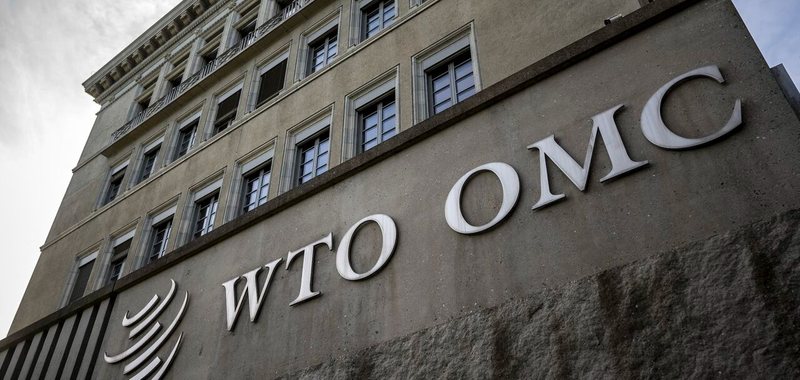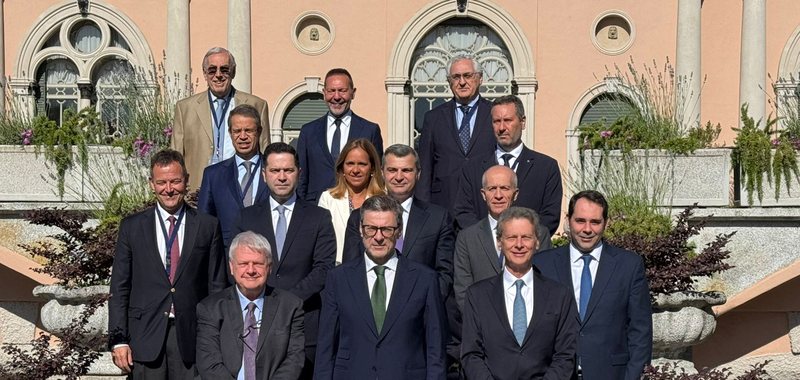EU, common market for space services - The act aims to strengthen the bloc's position in the global arena

The EU Commission aims to create a competitive single market for spatial services and data by reducing bureaucracy, protecting spatial assets and ensuring a level playing field for all businesses.
"The Space Act will allow us to grow in space," EU Commissioner for Defence and Space Andrius Kubilius told reporters. "Expansion into space means growth and jobs on Earth and beyond," he added.
The regulation also aims to address Europe's fragmented space rules, harmonizing national measures to make the bloc's space market cleaner, safer and more resilient.
"This fragmentation is bad for business, for competitiveness and for our future in space," argued Kubilius, emphasizing that Europe wants a stronger role in the global space economy.
In 2023, the global economy of this sector was estimated at 572 billion euros and is expected to grow by about 9% per year until 2035, potentially reaching 1.6 trillion euros.
However, until now, the space market has depended mainly on public investments and institutional programs, an area where Europe risks falling behind.
According to the European Space Agency (ESA), the old continent accounted for 11% of global public space funding in 2023 (12 billion euros), while the United States contributed 64% (over 65 billion euros) and China 12%.
Kubilius also warned that space is becoming increasingly congested. "It is time to establish space rules of the road, to prevent damage and disasters and to protect services," he said.
Over the next decade, around 50,000 new satellites and around 140 million pieces of debris will enter orbit, according to EU figures. Space assets are increasingly exposed to threats, both intentional and accidental. Kubilius noted the rise of cyber and physical risks.

How much money do Albanians keep in the bank? - Deposits included in broad money return to growth. Around 1.38 trillion lek in May
Deposits included in broad money returned to growth in May, after a decline in the previous two months. According to Central Bank statistics, the amount of......

US, agreement with China on minerals - Pact aims to accelerate shipments of rare metals
The United States has reached an agreement with China on how to speed up shipments of rare earth metals to the US, a White House official said. During......

Vineyards, how many grapes were produced by farmers? - Kaçorri: Orientation towards quality and indigenous varieties
The areas cultivated with vineyards throughout Albania have managed to produce a production of 183 thousand tons of grapes throughout 2024. INSTAT figures......

Tirana Bypass completes Milot-Fier highway - ARRSH opened tenders, 7 km are part of the Adriatic-Ionian Corridor
The opening of the tender procedure for the construction of the Tirana Bypass by the Albanian Road Authority marks the completion of all segments of the......

"WTO, paralyzed for years" - EU proposes creation of a new trade organization
At the EU summit in Brussels, European leaders discussed the possibility of reforming the institutional framework of the World Trade Organization, including......

"US tariffs, negligible for Albania" - Governor Sejko, at the IMF and WB Constituency Meeting
The Governor of the Bank of Albania, Gent Sejko, participated in the Constituency Meeting of the International Monetary Fund (IMF) and the World Bank Group......

Development and conservation of biodiversity - New management plan for four protected areas
The National Agency for Protected Areas has announced the opening of the tender for the drafting of an integrated management plan for the......

Government, shareholder in the luxury resort of Sazan - The new company that will represent the country in this project is registered
The Albanian state will be an active participant in the giant tourist project expected to be built on the island of Sazan. A new company named “Albania State......


















